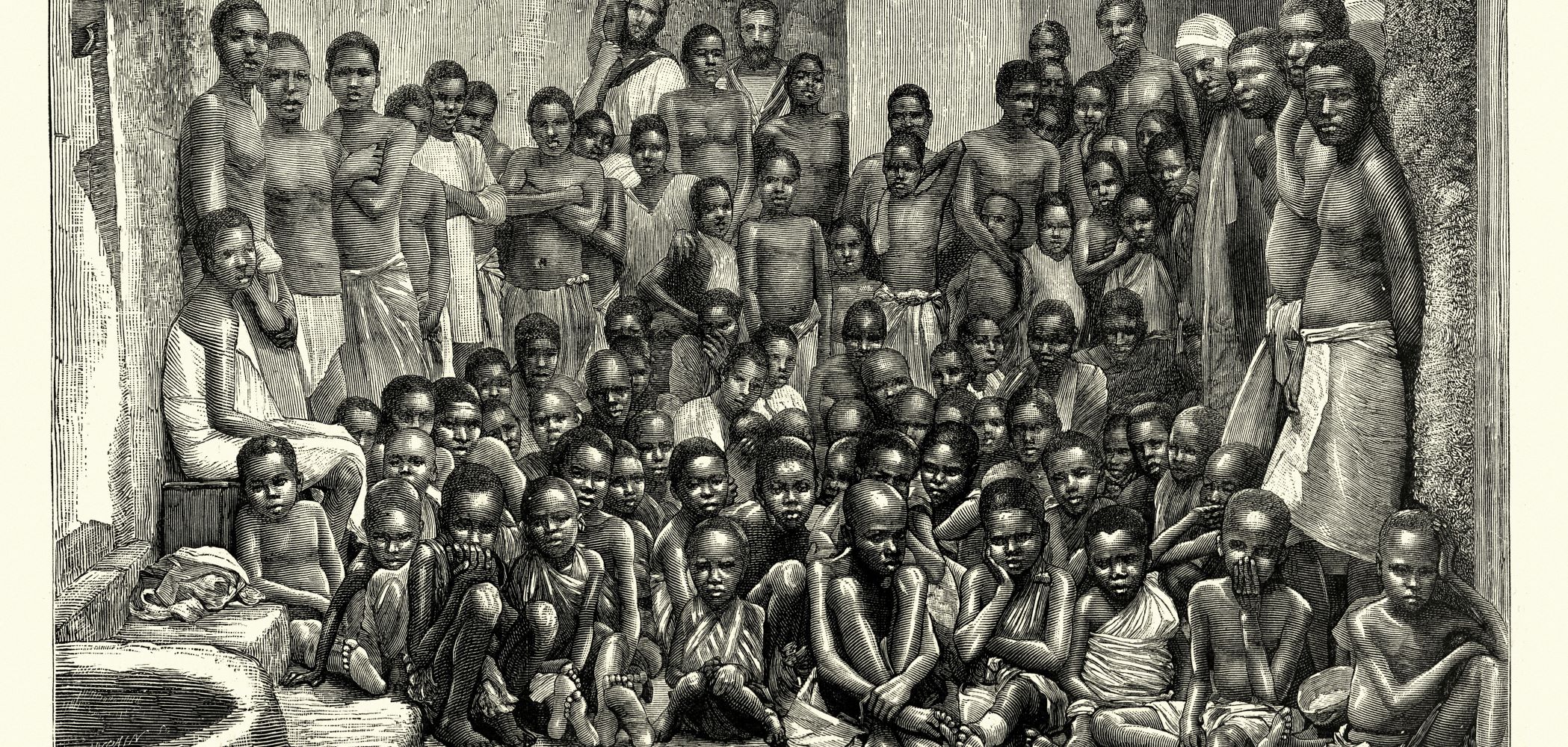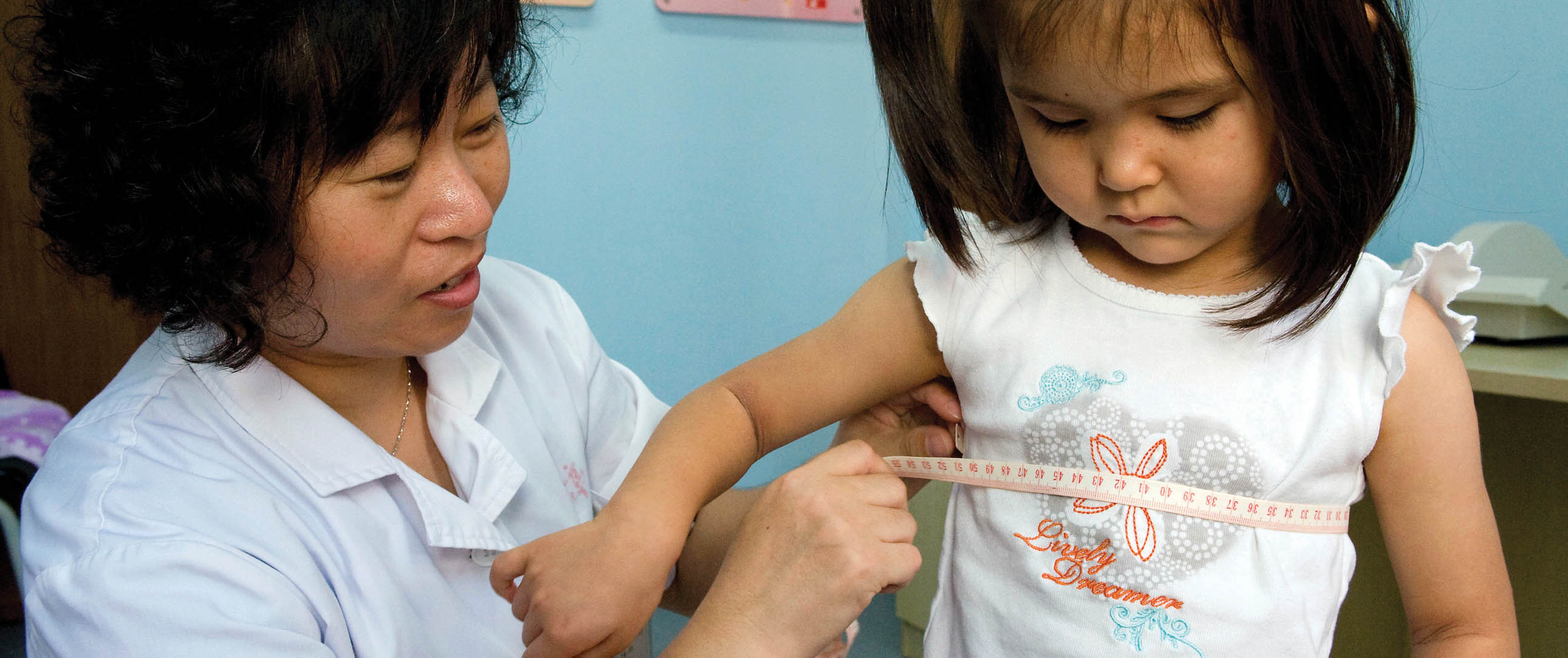Only point of contact
Health visitors play a vital role in identifying domestic slavery victims, a community nursing organisation has said.
The Institute for Health Visiting (IHV) said health visitors may be the only contact with the outside world that some domestic slavery victims have.
The institute has published new guidelines for health visitors to help them recognise the signs of an individual in domestic slavery, of which there were an estimated 10,000 to 13,000 in the UK in 2013.
Unite welcomed the move by IHV but said for wide-scale help of  domestic slavery victims the government needed to reverse the fall in health visitor numbers and make changes to the visa system for overseas domestic workers.
Launching the guidelines, IHV said, “With home visits as part of their responsibility, health visitors are well-placed to see what goes on behind closed doors and spot the signs of someone living in domestic slavery.
“Many victims are not permitted to leave the house or speak to others, so the health visitor may be the only person from the outside world that the victim has contact with, and probably their only means of escape.”
Signs of domestic slavery include a person working more than normal hours or being on call 24 hours a day. They may also seem afraid and anxious and avoid eye contact.
They may wear poorer quality clothing and be quieter than other family members and they may never leave home on their own apart from when they are taking the children to school.
IHV executive director, Dr Cheryll Adams, said, “The scale of domestic slavery is significant and the impact on the lives of the victims is huge.
“Health visitors can help by recognising the signs that someone is in domestic slavery, and then reaching out and encouraging them to come forward to report their situation using the Modern Slavery Helpline.”
Crucial public service
Unite lead professional officer, Obi Amadi, said health visitors’ part in rooting out domestic slavery highlighted the varied and vital nature of the job, as well as its burgeoning responsibilities.
“As the institute points out a health visitor may be the only person from the outside world a domestic slavery victim comes into contact with. Health visitors’ role in identifying the evil that is modern domestic slavery is just one of many crucial public services they perform,” Amadi said.
“Yet since October 2015 NHS health visitor numbers have been dropping every month. The government needs to secure the future of community nursing by increasing and ringfencing money for these public health professions and the vital work that they carry out.”
Unite assistant general secretary Diana Holland also called on the government to reduce levels of slavery by changing the visa system for the 17,000 migrant domestic workers who come to the UK every year.
Previously foreign domestic workers were granted visas similar to those of other migrant workers, meaning they could change job but not sector and after five years were allowed to apply for leave to live in the UK indefinitely.
But under the terms of the government’s â€tied visa’ scheme, which was introduced by the coalition in April 2012, overseas domestic workers were only granted six month visas and could not legally leave their employer and find new work.
The changes left thousands of workers trapped in situations of modern slavery and unable to escape exploitation for fear of arrest and deportation.
After pressure from campaigners the government changed the scheme in 2016, so that overseas domestic workers were able to leave their employer and find a new job.
However visas are still limited to six months, which campaigners say makes the changes meaningless because domestic slavery victims do not have time to escape and find a new job before their visas run out.
Campaigners are demanding that minsters let overseas domestic workers apply for a two year extension to their visa.
Holland said, “The government’s own independent review and the House of Lords have agreed that the tied visa is unjust and that we need to restore rights to migrant domestic workers.
“We call on the government to address this shameful injustice and to end this modern day slavery.”
 Like
Like Follow
Follow


